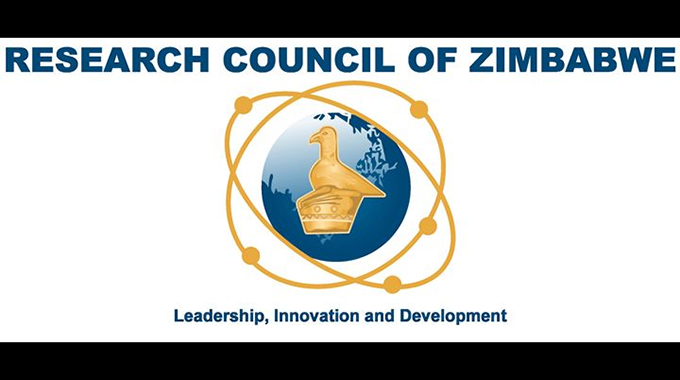Corporates leave R7bn tax hole in SA

Some of the biggest multinational firms that are coining it in SA appear to be transferring a substantial portion of their gains to their parent companies in tax havens. But there are ways to combat this. Two groundbreaking research papers on corporate tax avoidance in SA have found that the authorities have grossly underestimated the scale of unlawful profit shifting out of the country.
It conservatively amounts to R7 billion a year in foregone taxes, and some of the largest multinationals are the biggest culprits.
The working papers, both authored by Ludvig Wier, a doctoral fellow at the University of Copenhagen, are among the first to emerge from a new research programme, “SA-Tied”. It is a tie-up of the National Treasury and other economic cluster ministries with several international research institutions, including the UN University World Institute for Development Economics Research.
The crux of the outcome has been the creation of a high-quality, anonymised tax information database on companies and individuals operating in SA that is enabling the authorities to gain fresh insights into the workings of the economy — and the way to close tax loopholes.
The two studies are the first to exploit actual tax returns to estimate profit shifting in a developing country. Until now only Germany, Denmark, Norway, Sweden and the US have granted researchers access to multinationals’ tax returns.
The issue of profit shifting — when multinationals lower their global tax bill by shifting their earnings from affiliates in high-tax countries to those in low-tax countries — is particularly relevant for SA, given its fiscal squeeze, reliance on corporate tax receipts and growing exposure to foreign-owned firms.
The top decile (10 percent) of foreign-owned firms account for 98 percent of the total estimated tax loss
Since 1994, there has been an explosion of foreign activity in SA. As a share of GDP, the earnings of foreign-owned corporations have doubled in the past 25 years.
A clear incentive exists for these firms to shift profits out of SA, where the corporate tax rate has been 28 percent since 2008 — four percentage points above the world average and 13 percentage points above nearby tax haven Mauritius.
Even though there are only about 2 000 foreign-owned firms out of a total of 1,2 million businesses in SA, these are large compared with domestic operations, accounting for more than 30 percent of the sales of all firms operating in the country. Roughly one-fifth of these foreign-owned companies are owned directly through tax havens.
In the first tax paper, “Big and Unprofitable”, Wier and the Treasury’s Hayley Reynolds estimate that on average haven-owned businesses avoid taxation on as much as 80 percent of their true income by understating it in SA. The assessment was made by comparing the wage, asset and turnover data of local firms with that of foreign-owned companies.
Where the study breaks new ground is in finding that this aggregate tax loss conceals large differences across firms in accordance with their size. Most firms shift little or no income to tax havens, while a few large firms shift a lot.
In SA’s case, the authors estimate that a combination of high profits and more aggressive profit shifting results in the top 10 percent of foreign-owned firms accounting for 98 percent of the total estimated tax loss.
Wier says he was “very surprised” to detect this stark difference among firms.
The implications are globally significant. What it means is that all countries, including SA, that have relied on existing global research to estimate the extent of profit shifting affecting their economies — such as the OECD’s 2015 “Base Erosion and Profit Shifting” (Beps) report — have underestimated the scourge by up to 80 percent.
In SA’s case, Wier estimates that the SA Revenue Service (Sars) is being short-changed by about R7 billion a year due to profit shifting. This is equal to about 4 percent of total current corporate income tax receipts, but it appears to be in line with that experienced in other countries.
However, this is a conservative estimate, given that the data does not allow the researchers to study profit shifting to sister firms rather than the parent, or from SA parents to foreign subsidiaries.
The study finds that the worst offenders are mining companies, accounting for almost 30 percent of profit shifting, followed by financial services firms, accounting for 19 percent. Wier considers this “alarming”, given that resource extraction constitutes a large share of economic activity in developing countries.
Switzerland is ostensibly the main destination for siphoned-off profits, as Swiss-owned firms account for roughly half of the profit gap between haven-owned and non-haven-owned firms. Other havens that host the parents of firms that report near zero or negative profits in SA, despite having large wage bills, include Bermuda, Liechtenstein, the Cayman Islands, Mauritius, Singapore and Cyprus.
Wier’s second paper is on transfer mispricing — a form of profit shifting that occurs when firms apply a high price to items flowing from affiliates in low-tax countries (like Switzerland) to affiliates in high-tax countries (like SA) and vice versa. This erodes the profits in the high-tax affiliate, which is paying the high price, but equally increases the profits in the low-tax affiliate, which is receiving the high price.
Legally, firms are supposed to use arm’s-length pricing when transacting internally. That is, they should set prices internally as if they were trading with an external party.
The disaggregated customs data set that Wier used covers all imported goods to SA from 2011 to 2015, allowing him to estimate precisely what the arm’s-length price of each transaction should be. When comparing unit prices on intra-firm transactions to these arm’s-length prices, Wier found that imports from low-tax countries into SA are overpriced by at least 8 percent. — BDLive.









Comments